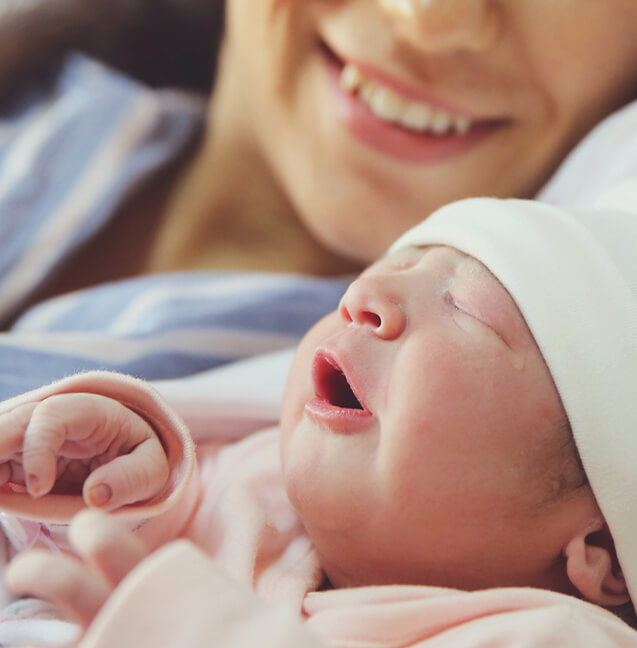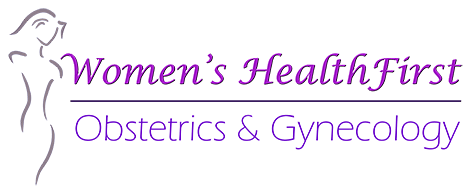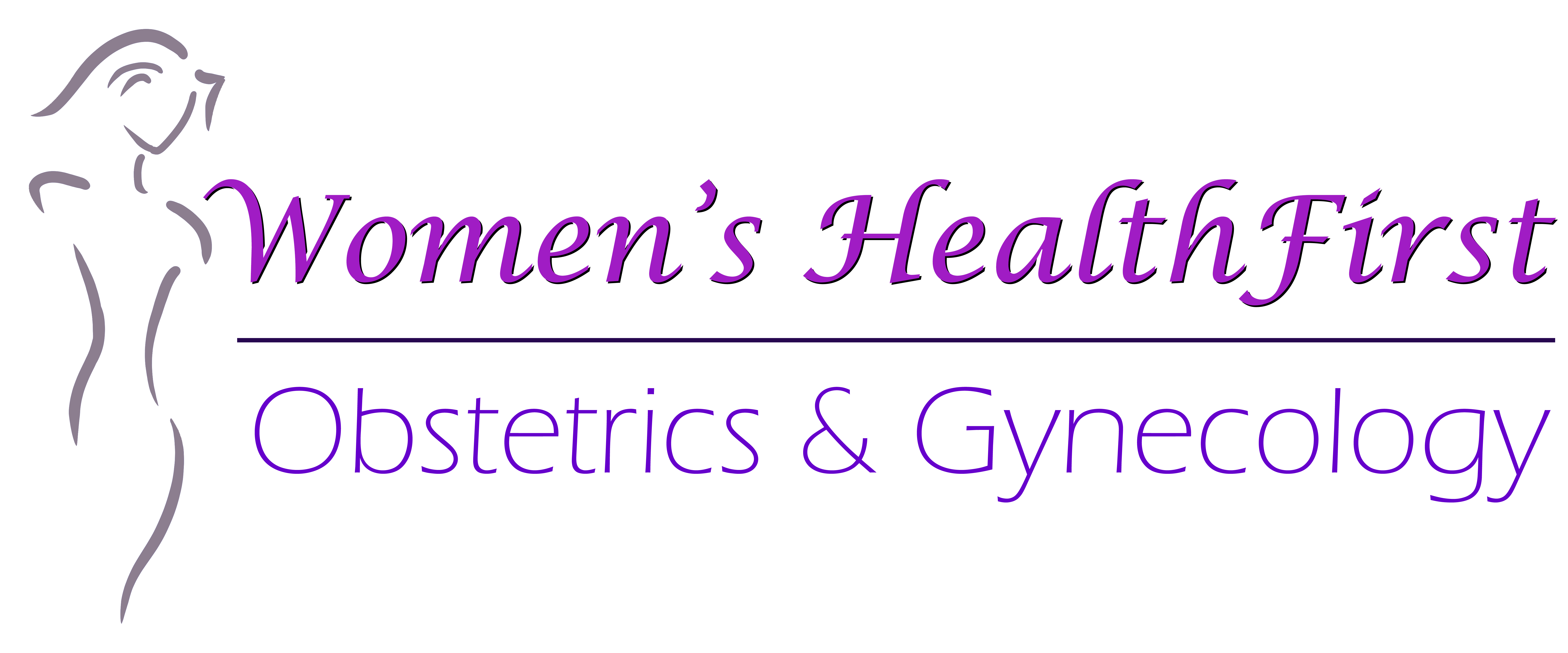Advanced Maternal Age
Every pregnancy is different, and sometimes, women feel ready to have children later in life with personal, cultural, and environmental components factoring into the decision. Delayed parenthood can also come from feeling like you don’t have a stable partner or relationship to share the journey of pre and post birth with. Whatever the case may be, once that decision is made, it’s still very possible to have a safe and healthy pregnancy over the age of 35, though it does come with risk of adverse outcomes and complications.
Women are born with all of the eggs their body will ever make. As a woman ages, fertility decreases, with the decline gradually beginning in the early 30s and speeding up as they near their 40s – a notion commonly referred to as the ever-ticking biological clock. The age of 35 is not so much of a deadline as it is a point where guidelines of a healthy pregnancy shift in order to reduce risk. With the right healthcare providers behind you, you can breathe a sigh of relief knowing you’re helping create the best starting conditions for your baby.

Risks of Advanced Maternal Age Pregnancy
Understanding the risks associated with a geriatric pregnancy can help prepare you for any bumps in the road of your perinatal outcome.
- Multiple pregnancies: As women age, there are hormonal changes within the body that increase the likelihood of multiple eggs being released at the same time. Many older women use assisted reproductive technologies (ART) to help ensure a safe pregnancy, but those methods also play their own role in possible multiple births.
- Gestational diabetes: This type of diabetes only occurs during pregnancy and differs from type 1 or type 2 diabetes. Blood sugar levels rise and, if left untreated, can cause problems for the mother, like high blood pressure, and problems for the baby, like an above average weight and susceptibility to diabetes later in their life.
- Preeclampsia: This is a complication involving high blood pressure and sometimes damage to major organs like the kidneys, lungs, and liver. This usually occurs after 20 weeks and can quickly progress in severity and potentially fatal outcomes for the mother and/or baby.
- Birth defects: Babies with advanced age mothers have a higher risk of birth defects and abnormalities like Down’s syndrome, which happens when there is an extra chromosome, and Tay-Sachs disease, which is an enzyme deficiency leading to the destruction of the nervous system.
- Delivery complications: Issues with delivery can occur such as premature births, miscarriages, stillbirths, and the possibility of a C-section. Exceptional prenatal care and an open line of communication with your healthcare provider can help you identify and navigate these potential complications.
Going Through an Advanced Maternal Age Pregnancy With My Obstetrician
Luckily, with proper care, health assessments, diagnostic tests, and screenings, women have more options than ever to facilitate a healthy delivery – even being outside of the typical age range. We are here to empower you with information custom to you and your experiences.
For more information, call Women’s HealthFirst at (847) 808-8884 or request your appointment now. We have five locations near Chicago, Illinois, to serve you. Established patients are encouraged to visit the convenient online patient portal to request an appointment, message our team, update their records, and more.

